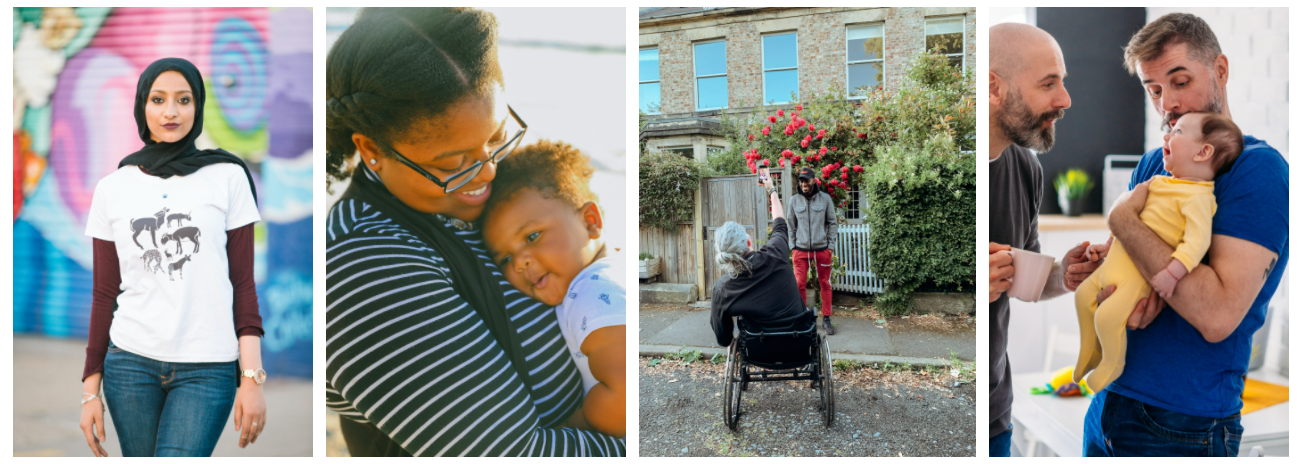Health Equity, Diversity, and Inclusion

Goals
BORN’s role is to improve outcomes and facilitate care for Ontario’s pregnant and birthing women, individuals and their families. We know that sociodemographic factors have an impact on health, and BORN is committed to the safe collection, storage and use of sociodemographic data to demonstrate this impact and improve health outcomes for everyone in Ontario.
The COVID-19 pandemic shone a light on the lack of robust Canadian data that could be used to assess impact and improve care. Pregnancy and birth are where population health begins, extending through childhood, and where BORN can have an incredible impact.
Our Advisory Body
In 2021, BORN struck an external committee made up of individuals with professional connection to, and lived experiences of, equity-deserving groups. The External Health Equity Advisory Group (eHEAG) helps guide BORN’s work by reviewing, informing and participating in operational and project initiatives.
At the same time, BORN developed the Internal Health Equity Advisory Group (iHEAG). The iHEAG is made up of BORN and PSO staff from each department with a lens and/or interest in health equity.
Both HEAGs have the following two objectives:
-
Review the collection of race-based data and other social determinants of health data in the BORN Information System (BIS) and provide guidance on appropriate collection, use, storage and governance of race-based data and other social determinants of health data to facilitate and improve care.
-
Provide recommendations to leadership on how BORN can align or implement equity-guiding and anti-racism principles to all work and operations.
Work will be undertaken in accordance with the requirements established by the Personal Health Information Protection Act (PHIPA), 2004 and its regulation, together with the requirements established by the Information Privacy Commissioner that are applicable to BORN as a prescribed registry.
Internal Capacity Building
BORN employees are working to build our internal foundation with cultural humility and safety. BORN’s Capacity Building Group actively seeks out and shares cultural training opportunities with the entire organization, including webinars, conferences and resources that focus on uplifting voices often unheard. BORN staff are also encouraged to prepare self-reflections alongside land acknowledgements for deeper self-reflection and learning opportunities. This foundational shift will help employees engage with our partners and communities experiencing inequities in a safer and more meaningful way.
Learn more about BORN’s Indigenous Wellness portfolio.
Contact Us
If you have questions about health equity work at BORN, please email our team at equity@bornontario.ca.
Inclusive Language Guide
In 2024, BORN and PCMCH collaborated to develop a joint PCMCH-BORN Inclusive Language Guide. This collaborative effort aims to align language use principles between our two organizations, while promoting thoughtful and intentional communication.
This guide is a living document that will be reviewed annually and updated as needed. We welcome feedback at any time by emailing equity@bornontario.ca.



 Subscribe to this page
Subscribe to this page
